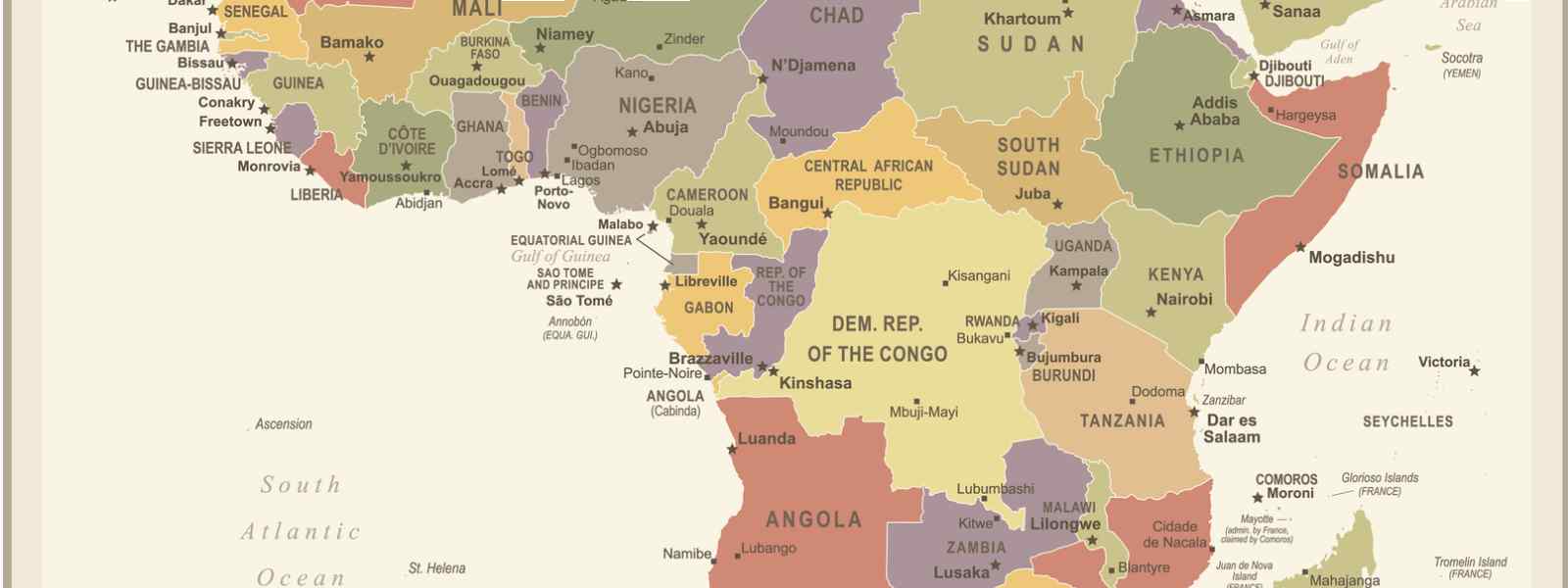
People in African nations want more democracy than they receive from their governments and political systems, according to a major international study.
The Afrobarometer, which surveyed the views of people in 39 of the continent’s 54 nations, found that integrity and accountability in governments, including at local level, would be central to restoring faith in the democratic process.
An increasing majority of respondents believed it was more important to have a government which could be held accountable than for it to “get things done” and most favoured democracy over any other form of government. However, support for democracy had declined in several nations.
Although a majority also opposed non-democratic forms of government, including institutionalised military rule, more than half of people would be willing to countenance military intervention when elected leaders abused power for their own ends. Such tolerance was less prevalent among older people, who, in many countries, would have had personal experience of military rule. Most of the six nations where coups have occurred since 2020 saw some of the highest levels of support for intervention.
Even among people who supported democracy, there was increasing dissatisfaction with the way in which it was being delivered. Only 45% of respondents described their countries as “a full democracy” or “a democracy with minor problems,” and just 37% said they were “fairly satisfied” or “very satisfied” with the way democracy works in their countries.
There were sharp declines in several nations which had previously had strong democracies, including Botswana, Mauritius (both by 40%), South Africa (35%) and Namibia (23%). Two notable exceptions were Tanzania and Zambia, where satisfaction levels exceeded 60%. Changing socioeconomic conditions played little role in changes to support for democracy but deteriorating political conditions, such as perceived corruption and adherence to the rule of law, were significant factors.
Accountability
Researchers in the project conclude that support for democracy in Africa is “deep but not bottomless” and that failure to deliver accountable governance “threatens to undermine” the continent’s demographic project. They call for governments to prioritise:
• nurturing democracy
• strengthening integrity and accountability
• curbing impunity
• ensuring the quality of elections.
Professor Robert Mattes, of the University of Strathclyde’s Department of Government & Public Policy, co-founder and senior adviser of Afrobarometer, said: “While many people are dissatisfied with democracy, it doesn’t necessarily mean they’re withdrawing their support for it.
Government is, on average, strong in Africa and the coups have happened in countries where support for democracy is quite low. In some countries, there hasn’t necessarily been a failure of democracy but problems in being able to achieve basic standards.
The Afrobarometer report is the ninth in the series since it was established in 1999. It was compiled from survey responses and face-to-face interviews, conducted in respondents’ language of choice, between late 2021 and mid-2023.
The survey has had notable impact in its history, including:
• informing a vision set out for the South African judiciary in 2022 by Deputy Chief Justice Mandisa Maya
• recognition and reference by leading organisations, including the UN, the World Bank and the US State Department. US Secretary of State Anthony Blinken has cited Afrobarometer’s findings on public opposition in Africa to military rule and one-man rule
• highlighting public dissatisfaction with the government of Malawi’s efforts to tackle corruption, prompting President Lazarus Chakwera to vow to remove from office everyone found to be involved in corruption and to put more resources into the fight against it.